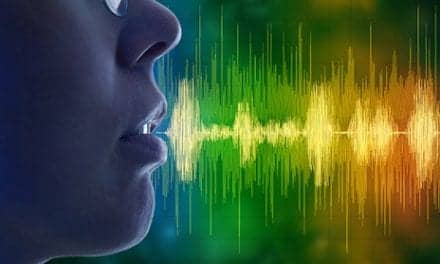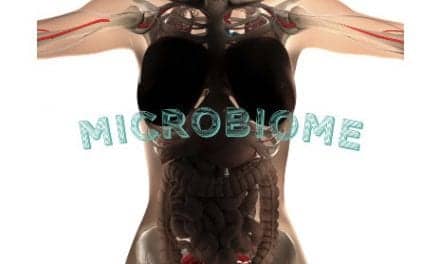Researchers found that people who exhibit sleep problems of all types were associated with a higher risk for stroke.
People who have sleep problems may be more likely to have a stroke, according to a study published in the online issue of Neurology, the medical journal of the American Academy of Neurology.
Sleep problems included:
- Getting too much or too little sleep.
- Taking long naps.
- Having poor quality sleep.
- Snoring.
- Snorting and sleep apnea.
In addition, those who had 5 or more of these symptoms had an even greater risk of stroke. The study does not show that sleeping problems cause a stroke. It only shows an association.
“Not only do our results suggest that individual sleep problems may increase a person’s risk of stroke, but having more than five of these symptoms may lead to five times the risk of stroke compared to those who do not have any sleep problems,” said study author Christine McCarthy, MB, BCh, BAO, of the University of Galway in Ireland. “Our results suggest that sleep problems should be an area of focus for stroke prevention.”
The international study involved 4,496 people, including 2,243 people who had a stroke, matched to 2,253 people who did not. The average age of participants was 62.
Participants were asked about their sleep behaviors, including how many hours of sleep they got, sleep quality, napping, snoring, snorting, and breathing problems during sleep.
People who slept for too many or too few hours were likelier to have a stroke than those who slept an average of hours. A total of 162 of those who had a stroke got less than 5 hours of sleep, compared to 43 of those who did not. And 151 of those who had a stroke got more than 9 hours of sleep a night, compared to 84 of those who did not.
Researchers found that people who got less than 5 hours of sleep were 3 times more likely to have a stroke than those who got 7 hours on average. People who got more than 9 hours of sleep were more than 2 times as likely to have a stroke than those who got 7 hours a night.
People who took naps longer than 1 hour were 88% more likely to have a stroke than those who did not.
Researchers also looked at breathing problems during sleep, including snoring, snorting, and sleep apnea. People who snored were 91% more likely to have a stroke than those who did not, and people who snorted were nearly 3 times more likely to have a stroke than those who did not. People with sleep apnea were almost 3 times more likely to have a stroke than those without.
Following extensive adjusting for other factors that could affect the risk of stroke, such as smoking, physical activity, depression, and alcohol consumption, the results remained similar.
“With these results, doctors could have earlier conversations with people who are having sleep problems,” said McCarthy. “Interventions to improve sleep may also reduce the risk of stroke and should be the subject of future research.”
A limitation of the study was that people reported their own symptoms of sleep problems, so the information may not have been accurate.
Photo 109925222 © Tero Vesalainen | Dreamstime.com





